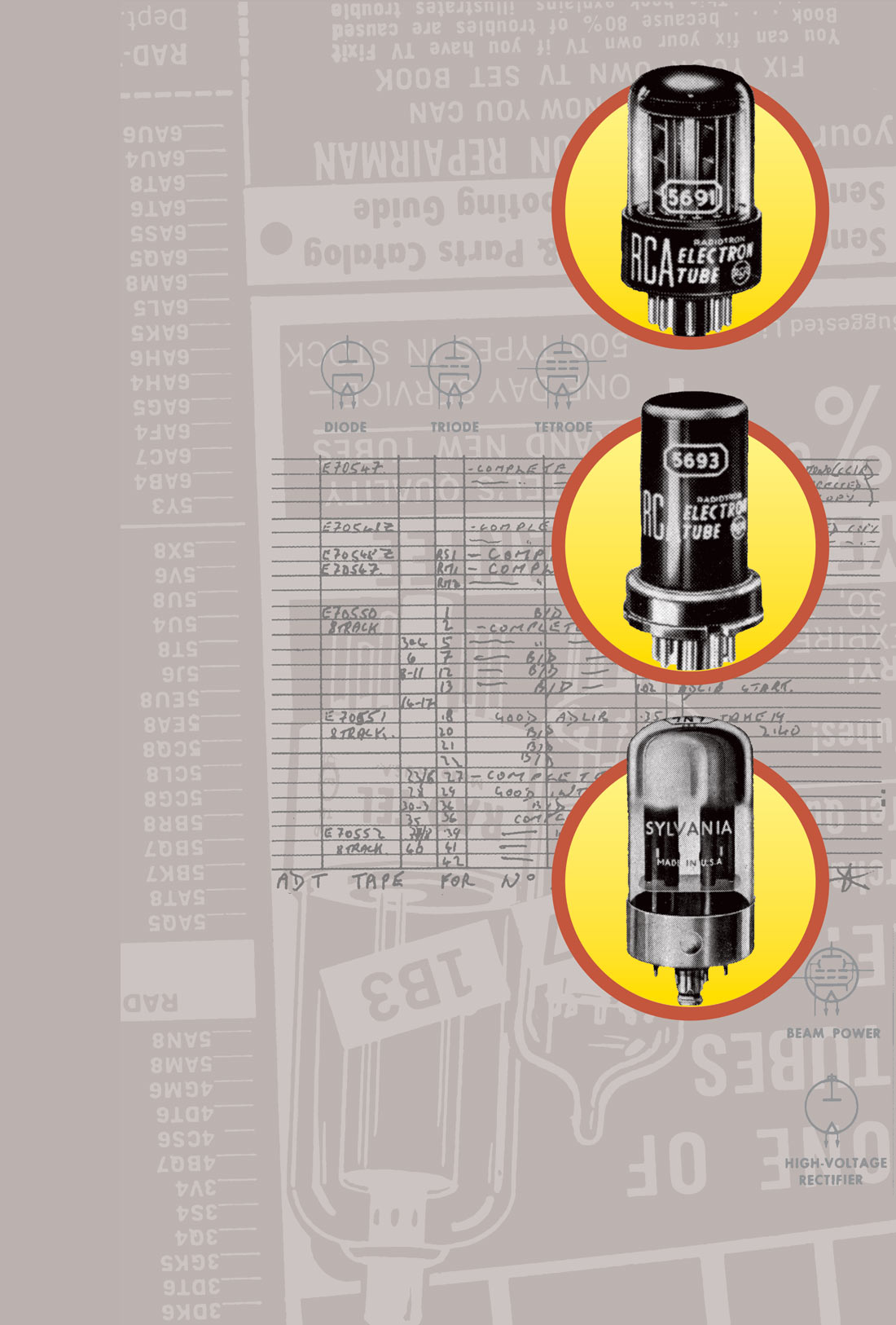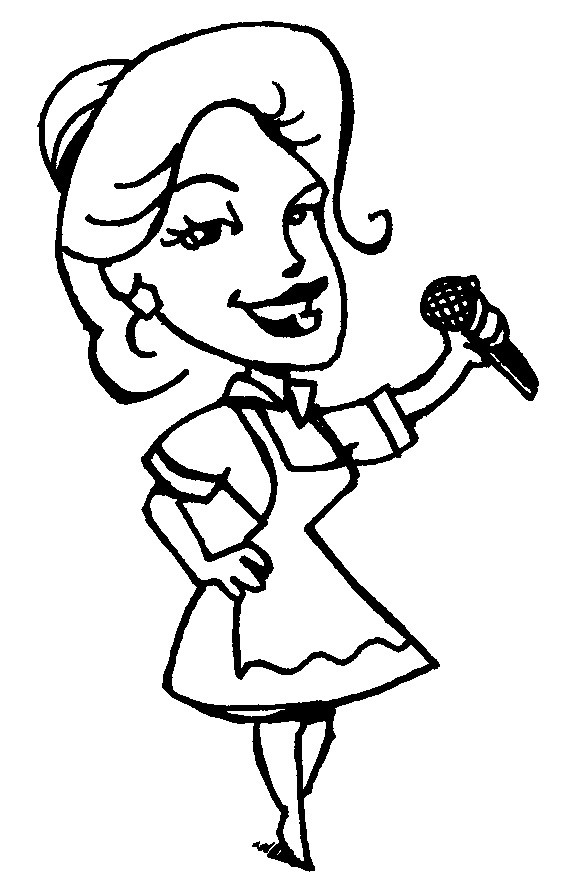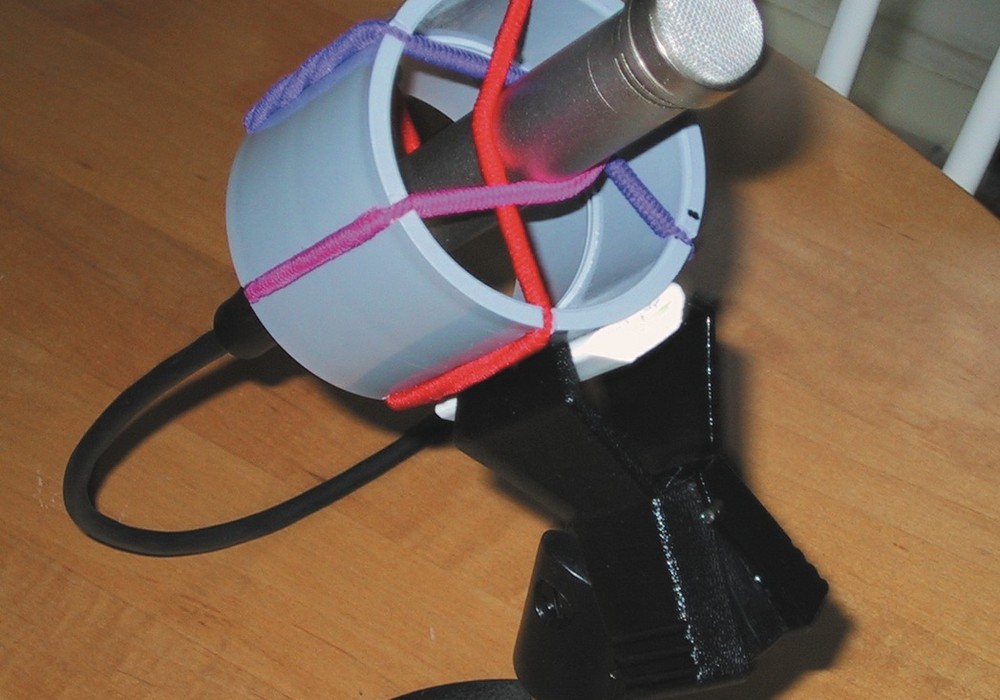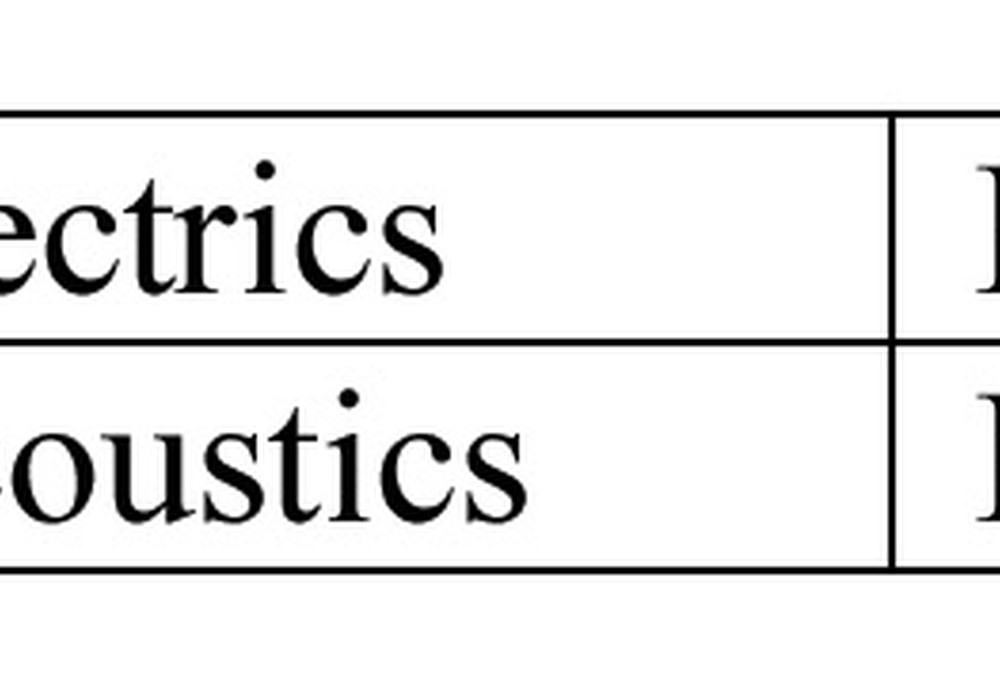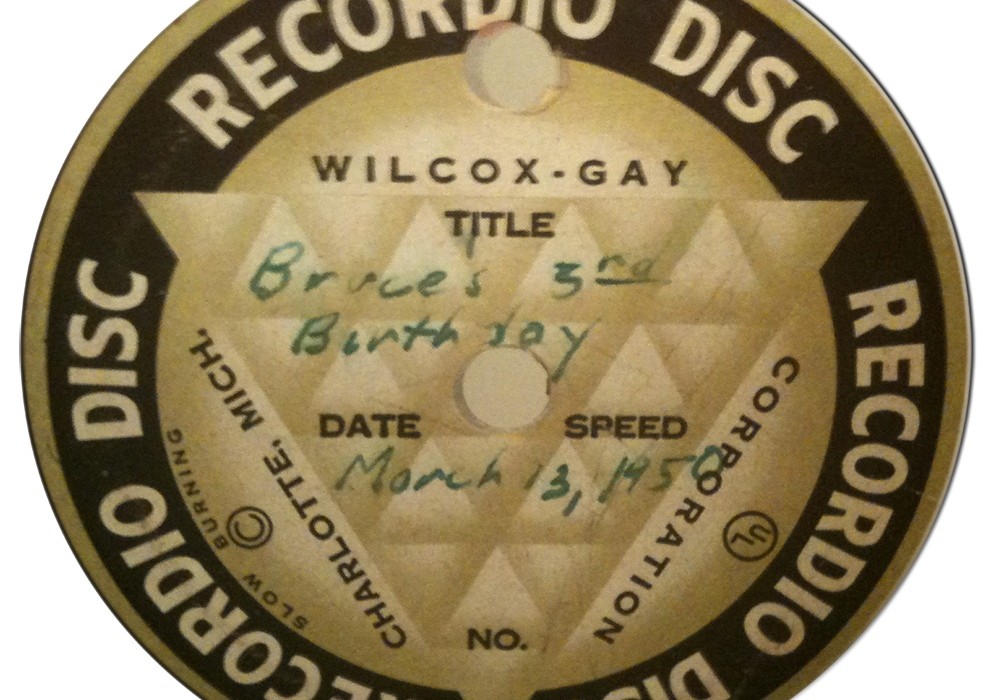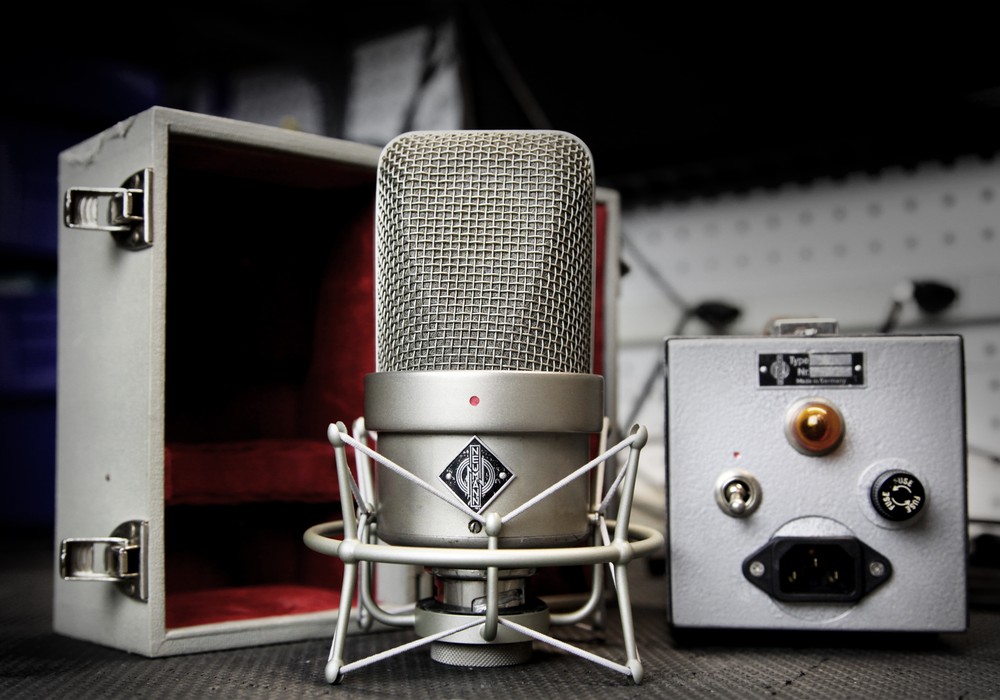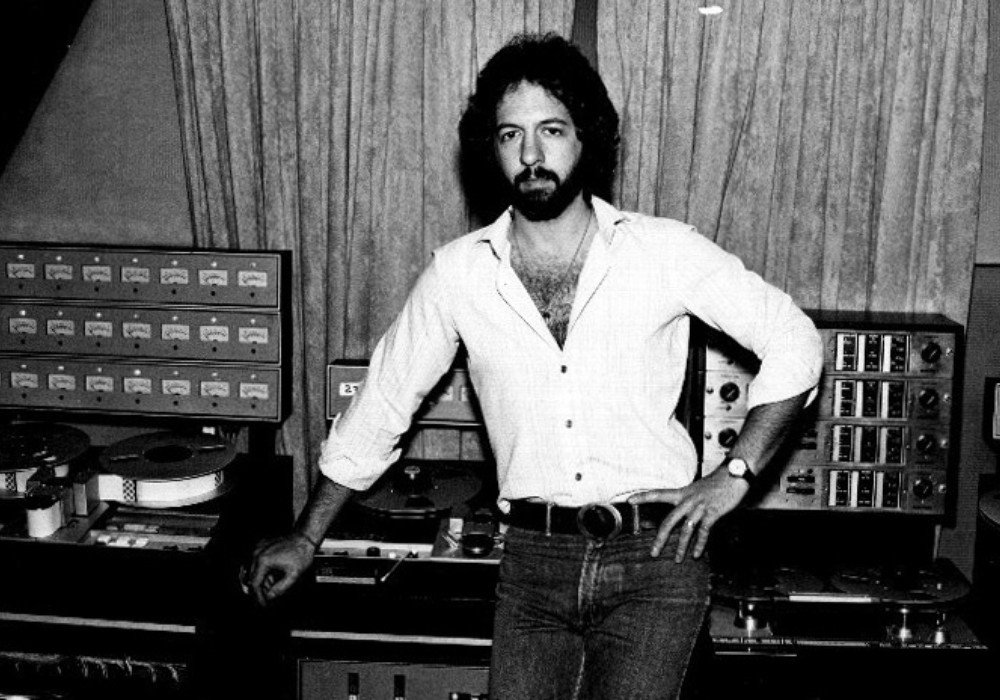When overdubbing, perform your parts while blindfolded, or with minimal light. This will help you focus on the "sound". Our brains tend to give most attention to visual stimuli.
Only perform two to four takes in a row, then move on. Your spontaneity and energy begins to fade after too many takes of the same thing. The end result shouldn't feel labored — unless you prefer perfection over personality.
Recognize that your recording tools have a signature sound. For example, a lot of music today is being "created" (composed and arranged) in the computer. This is not the same as fixing music (adjusting timing and removing errors) in the computer. Unfortunately, much of what comes out of the computer studio is too perfect and lacks flow. Fixing every note sounds as tedious as it is to do it. And a song rearranged in the computer usually sounds that way, too. Natural transitional elements that tie one section of music to another (inherent in a live performance) will often go missing. This is why so much current music sounds disjointed and oddly sectional. This "cut, paste and tweak" music will be the late '90s/early '00s version of the '80s' "overly gated everything with a crappy sampler." Of course, everything comes back in style again (but usually with a wink of self-knowing, pretentious, ham-fisted kitsch). But you know, only the good songs survive — in general.
Listen to some music. Don't eat, clean, drive, talk, read, think, work, walk or run while listening. Just listen. When was the last time you did just that?
People mostly listen to music in their cars and at work. Do you want to have your music heard by people in these situations? If so, then consider what kind of music "works" in those circumstances, then cater your recordings to match.
Study the song structures of your favorite artists. Actually sit down and chart out the parts to every song on a record. Look for patterns and techniques that repeat. Sometimes a song that you thought was simple is really quite convoluted. Not every song is intro/verse/chorus/verse/chorus/solo/chorus. Sometimes a song IS just that simple and ordinary, but it doesn't sound that way. Why?
Study the song order and quantity of all your favorite records. Again, make a chart. Use any descriptions that you like (fast, catchy, dark, etc.). Where does the hit single fall? Is the record front loaded (all the best tunes first). Is there a lull at any point? Is there a song that doesn't fit stylistically and/or sonically? Does one song stand out as an odd duck? ("We're only at 35 minutes total. What else do we have?"). Do several songs sound like filler? ("But a CD can hold 70 minutes. I must fill every nook and cranny!")
When settling in to make a record, reference other records that sound like the one you think you're making.
When settling in to make a record, don't listen to any music at all. Only listen to the stuff that springs forth from inside you.
Totally rip somebody else's song off (but change the words, key and tempo) and see how many people can pick up on it. Then realize that this is a commonplace activity.
Reinvent the wheel every time you sit down to write a song.
Rework really old material of yours and see if it works this decade.
Keep your work space clean and organized, but not too much so.
When recording vocalists, try hiding them behind a screen or in a booth. This can help them feel less self-conscious about the fact that everyone in the control room is scrutinizing each little squeak they make.
When you're singing in the studio, try not to give a flying fuck what anyone thinks.
When listening to a playback or critique of your performance, try not to take anything personally. It's all supposed to be about the song, remember? If it seems that someone is picking on you, it's because either you're defensive about something or the person has a hidden agenda. It's so hard to tell the difference, isn't it?
Don't have an argument with someone while you're standing near a microphone. Some engineers are prepared to record your full-blown freak-out straight to DAT without anyone realizing it. Later, they'll share the hilarious recording with everyone. You don't want this kind of acclaim.
Remember that nearly everyone in the world can make CDs now. It's very affordable. This is good and bad. Some really great independent records have surfaced because of this. But there is also a glut of home-wrung schlock. I guess, like everything else these days, there's too much music for any single person to check out. But there are those who try.
Don't worry if you're not up to date on all the latest gear, either. As with the multitude of records, lots and lots of new gear hits the market every month. If anyone ever tries to make you feel bad about your ignorance, try one of these three responses: 1) "I'm so out of it! Hey, have you heard about the [insert fake product name here]? It's really cool." 2) Smile and realize that without vapid modern culture and all of its accouterments, this person would probably evaporate. 3) Walk away and never talk to them again.
Remember why you're making music. Who's it for? Why's it for? Do you even know why you spend all your money on gear, all your time staring at meters, and all your brain power pondering Ab versus G#?
It may be helpful to think about your recordings as though they were beach art — that is, temporary. Completely erase a song that you spent a week on. Do it! Sometimes the memory of the song is more helpful than the actual recording.
If you're stuck not knowing what to do next on a recording, move on to the next song or clean the heads on your deck.
Have at least one functioning microphone that you wouldn't mind a three- year-old (or the rock band equivalent) handling.
Enjoy what you're doing.
